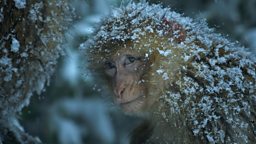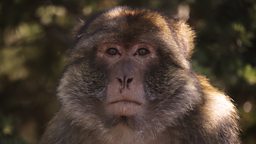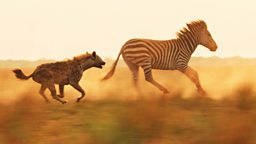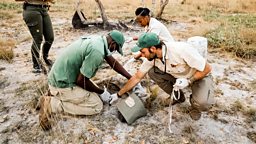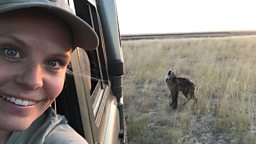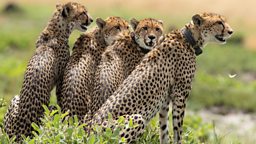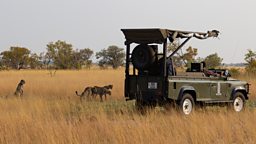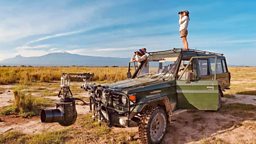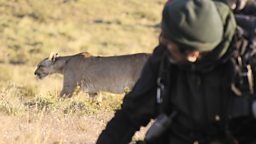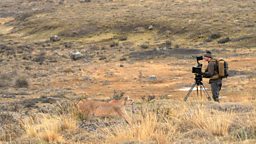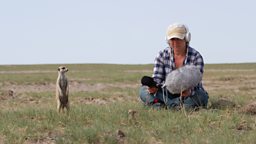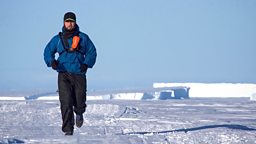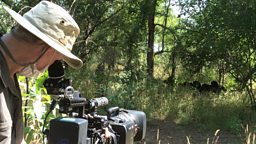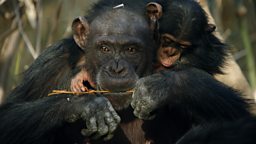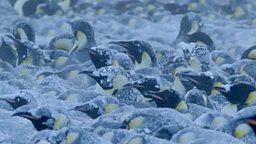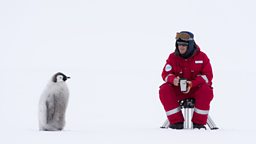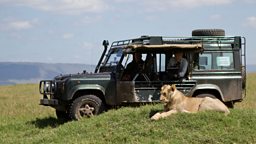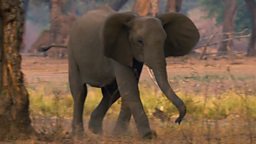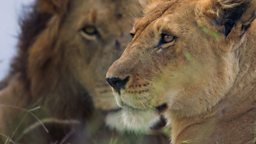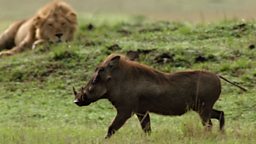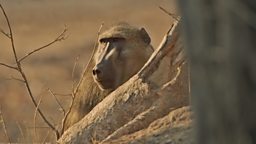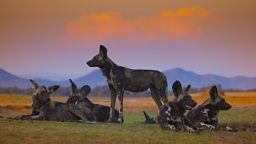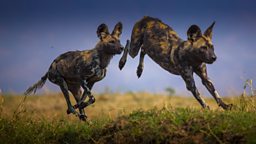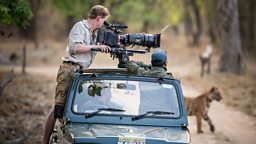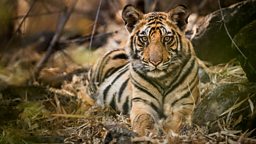Habituating chimps to the Dynasties film crew
By Rosie Thomas
To make the 91热爆 Dynasties Chimpanzee episode we needed to embed ourselves in a troop that would not be bothered by our presence and would carry on as normal, allowing us to follow the soap opera of their lives, day in day out, on and off for two whole years.
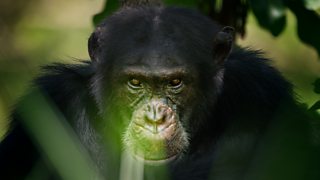
We also needed to get to know the individuals to tell the story, as every single chimp has unique characteristics, its own personality and different complex relationships with the others.
We were able to do this because David’s troop has been studied for nearly 20 years by the American anthropologist Jill Pruetz of Texas State University and her team. Pruetz had ‘habituated’ the group of chimpanzees over several years, which means that the 91热爆 crew could, by following her protocols, film the chimps without affecting their behaviour.
On the advice and guidance of Pruetz and the field guides, we worked from a safe distance - mostly around 12 metres from the troop - and we only spoke if it was necessary and always in a whisper. We moved around the chimps slowly and quietly and wore face masks to prevent the spread of disease (a serious threat to chimps).
I’m convinced that after a while they could recognise each one of us. Most of the time they were happy to have us around but some days, they would just leave, and they move so rapidly there was no way we could keep up with them. On those days, we assumed they didn’t want us around so we’d let them be and call it a day.
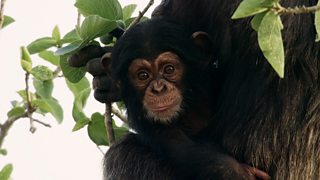
The troop’s territory covered farmland, villages and roads but the way the chimps reacted to other voices - farmers or miners, for example - or the sound of cars or motorbikes was so different to how they reacted to us. They pretty much ignored us. All the time. But the whirr of an engine or people talking in raised voices would set the group on high alert immediately. If they were on the move they would fall into single file and silently make a beeline away. If they were stationary they would either display like crazy (usually at vehicles), or fall silent with one individual going to check out what was going on. It was extraordinary to watch.
It was these moments that would make me realise what an astonishing position we were in, to be accepted by David and his troop, and allowed to witness their lives and their journey for such a long time.
